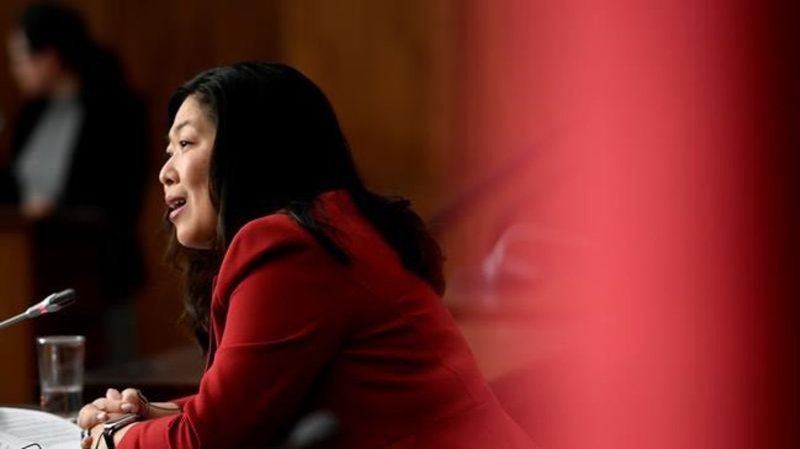
Despite reduction, Canada calls U.S. softwood lumber duties ‘unfair,’ ‘unjustified’
WASHINGTON, D.C. — The federal government says American duties on Canadian softwood lumber exports continue to be “unfair” and “unjustified,” even if they have been reduced.
An administrative review by the U.S. Department of Commerce imposes countervailing duties of nearly nine per cent on certain Canadian exporters, down from just over 20 per cent.
It’s the latest salvo in one of the most persistent trade irritants between Canada and the United States, a dispute that has been raging for nearly 40 years.
The lower rate appears to be the result of a World Trade Organization decision in August that found Commerce and the U.S. International Trade Commission were wrong to impose the original duties in 2017.


